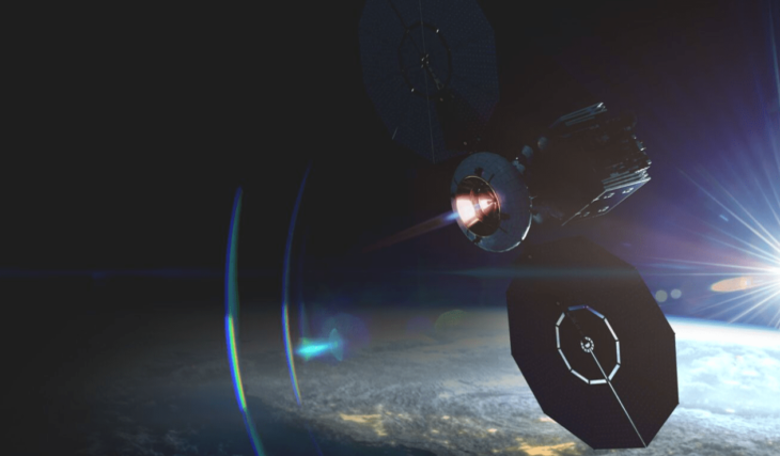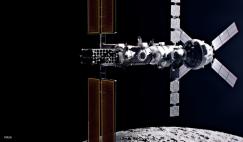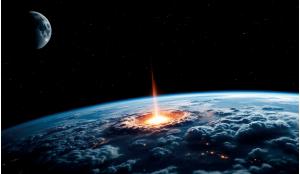Small rockets with tiny engines powered by a first-of-its-kind propulsion system, are now offering rides to satellites that need moving about in space to a different orbit.
The space dial-a-ride service is being offered by Momentus, a small US space start-up firm that is marketing itself as the in-space equivalent of a connecting flight. Its aim, the company says, is to use one of their rockets to manoeuvre a satellite to any custom orbit 10 times cheaper than what has ever been possible. And it will do this with a rocket powered by water and microwaves.
Moving away from traditional chemical-based propellants utilised in most rockets, Momentus’s tiny alternatives use microwaves to heat water to super high-temperatures, which for its bigger rockets can provide up to 100 watts of power; it may not sound a lot but it is enough to drag a 250 kilogram satellite from an ISS orbit all the way up to 2,000 kilometres.
Using water has several benefits, says the company’s founder Mikhail Kokorich. Not only is it a better and more efficient fuel for flight beyond low earth orbit, as it can shift a satellite in half the time compared with ionised propulsion systems, it is therefore cheaper and it’s fuel source is abundant throughout the Solar System (and beyond no doubt).
How cheap is cheap? The figure is still in the millions, but it should be cheaper than building a replacement satellite and launching it into space on a rideshare. “The ticket price for a 100- to 200-kilogram payload from Earth to low Earth orbit and low Earth orbit to Moon orbit should be below $10 million. I hope we can be way below $10 million,” said Kokorich in an earlier interview with SpaceNews.
Kokorich is a one time physicist who graduated from Russia’s top-ranked Novosibirsk University, Kokorich and who has since gone on to establish numerous businesses, including; Astro Digital, a satellite imagery and analysis company, Internet-of-Things startup Helios Wire and Russia’s first private aerospace company, Dauria Aerospace.
The serial entrepreneur now has big designs on taking a chuck out of the space economy - an industry that was reported to be worth $385.5 billion in 2017 according to the Space Foundation website. Last year, the company raised $8.3 million in seed funding to develop its water-plasma thrusters, along with signing an agreement with ECM Space, who will provide the initial trip for the company’s first test of its propulsion system on a micro-satellite.
Orders for Momentus’s Vigoride service are now being offered by the company.











